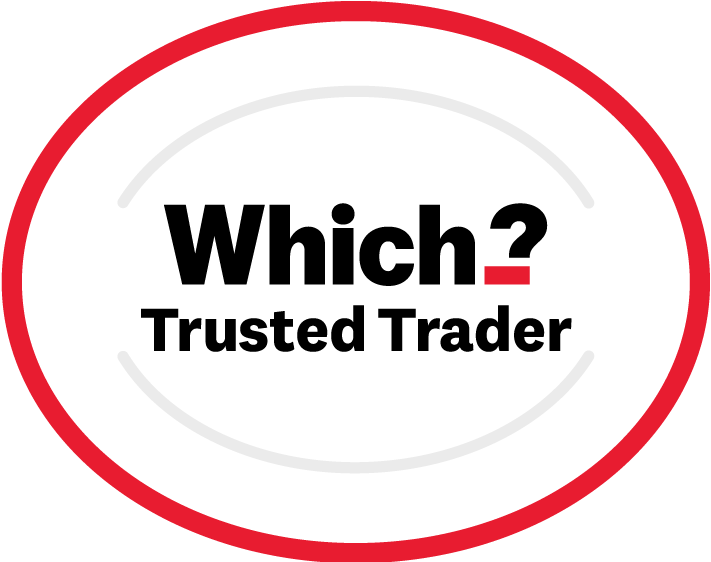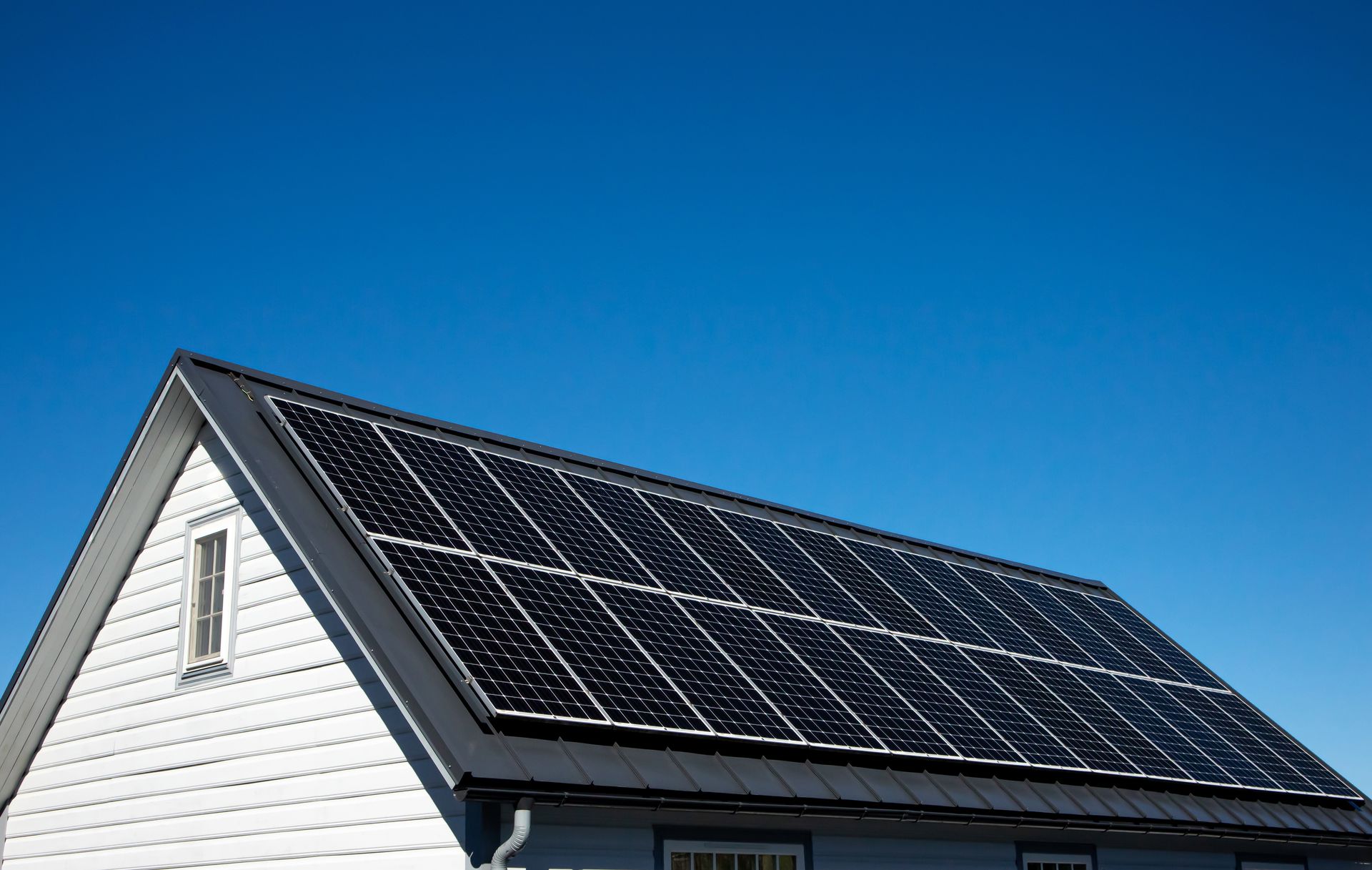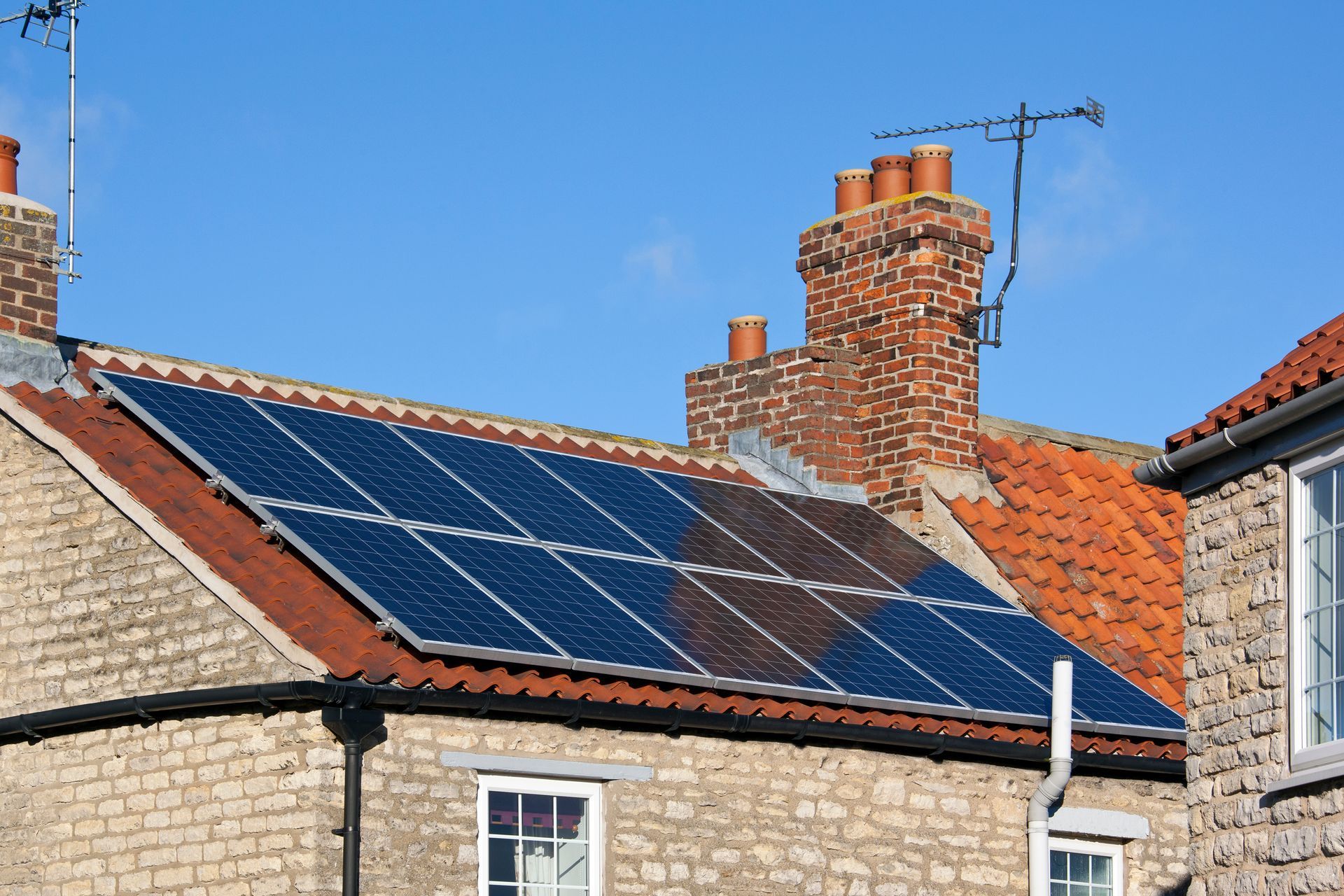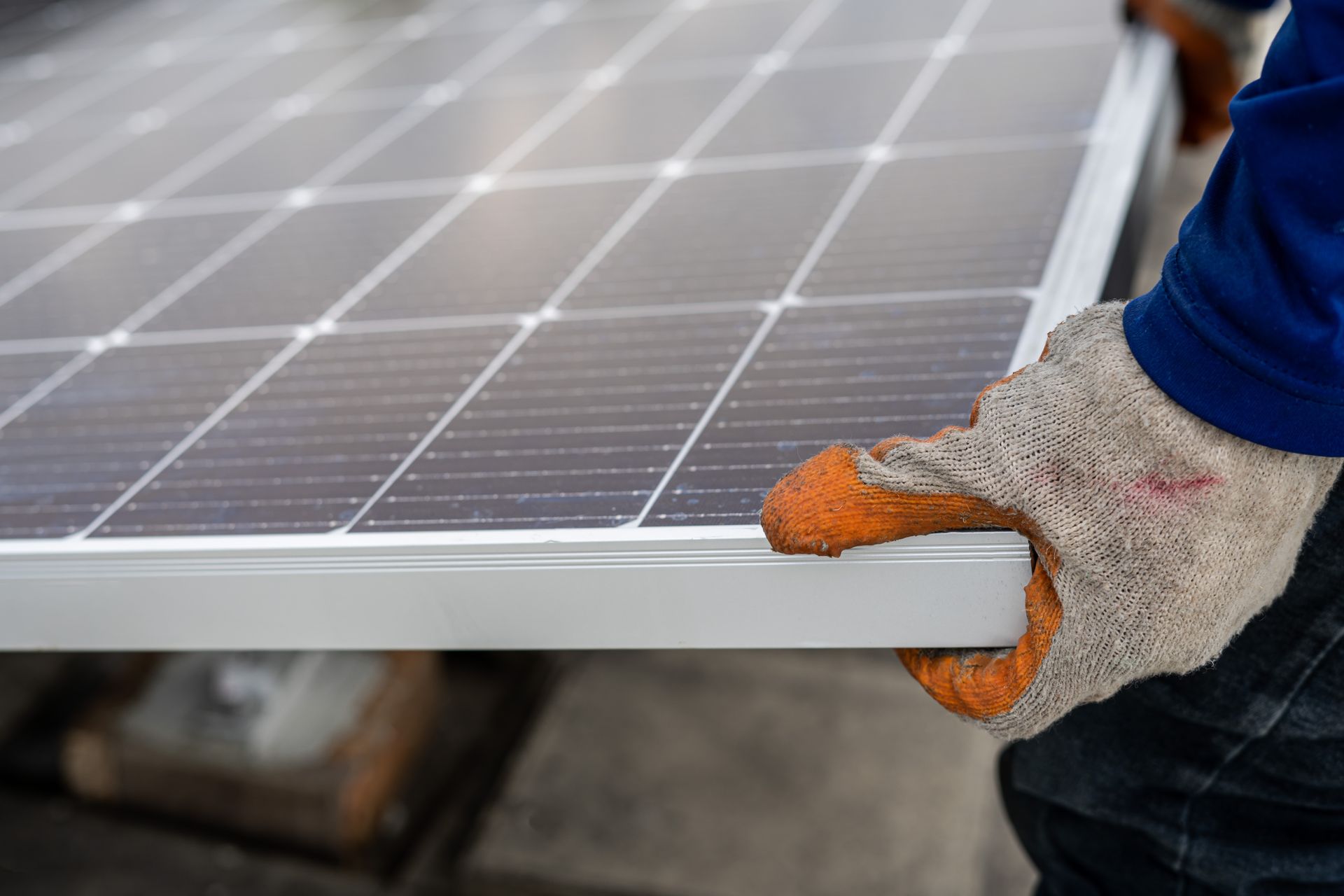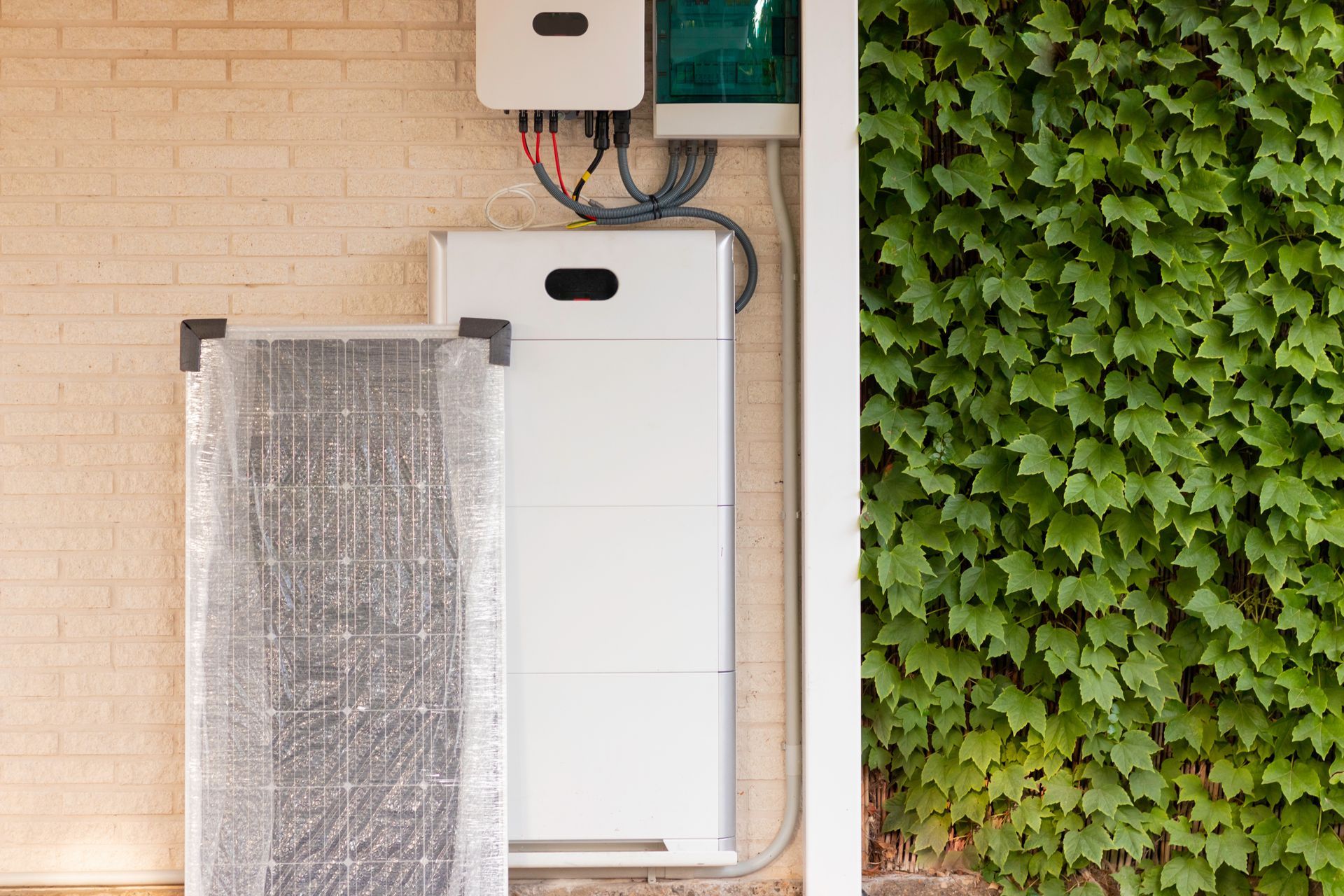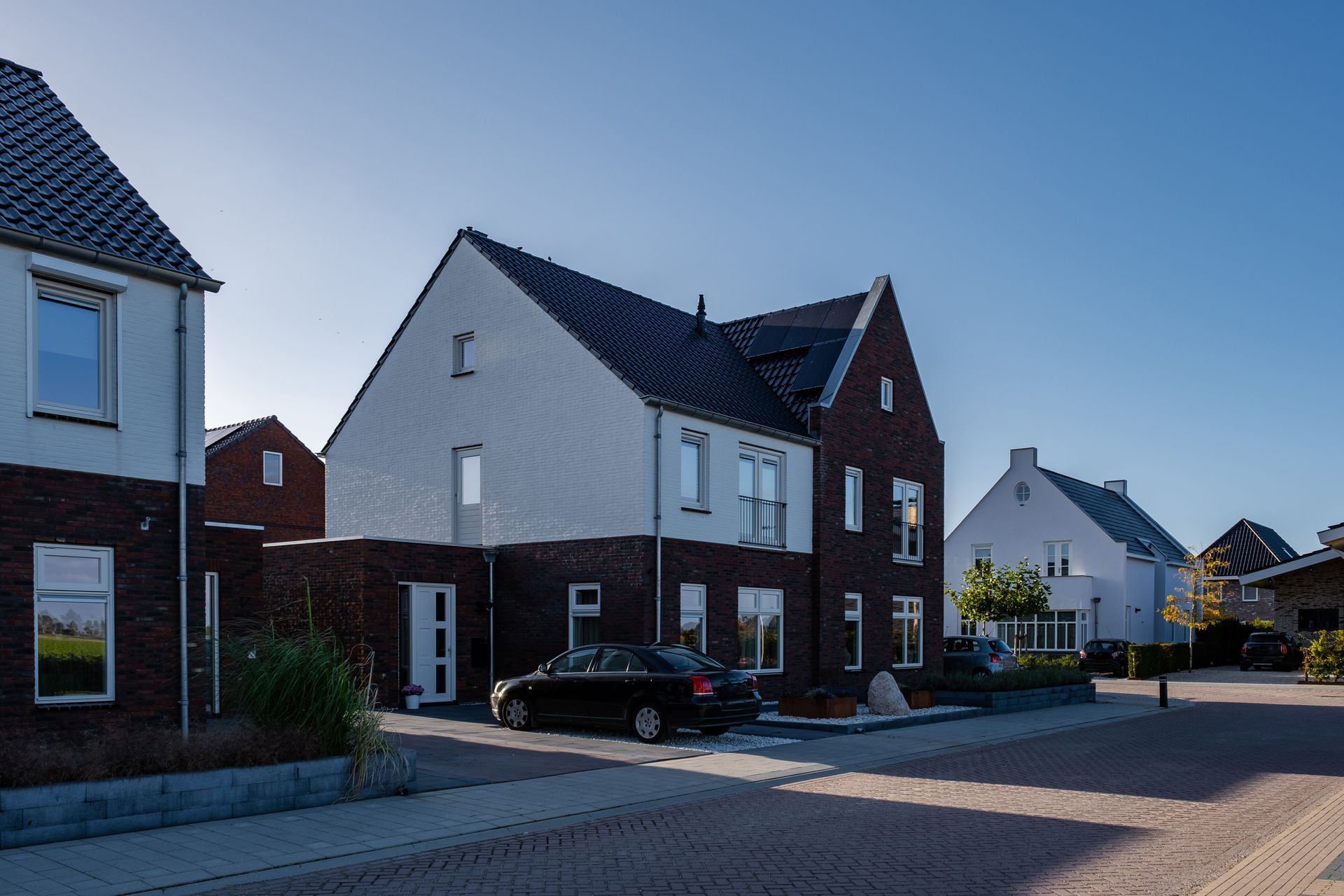FREQUENTLY ASKED QUESTIONS ABOUT SOLAR PANELS
Can installing solar panels be dangerous?
Solar panel installations can be risky due to the combination of high voltage DC current and working at heights. Faulty wiring and poor-quality installations can lead to electrical faults and fire hazards. That's why choosing a competent installer is crucial. At HSB Renewable Energy, we are HIES and RECC Members, and MCS approved installers. This means you can be confident that you're choosing a qualified and trustworthy company. Our team has over 13 years of experience in the industry.
Can solar panels overheat in the UK weather?
Yes, solar panels can overheat under certain conditions. While they're designed to operate in high temperatures, excessive heat can reduce their performance and efficiency. Thankfully, the UK's climate is mild and well-suited for solar panels. However, proper installation, regular maintenance, and ensuring good airflow around the panels can help mitigate the risk of overheating.
Can solar panels power a home in the UK?
Absolutely! According to the latest MCS data, roughly 1.2 million UK homes in 2023 used solar energy to power themselves. With a
solar-only installation, you can expect to generate up to 75% of your energy needs. By adding a battery storage system, a solar PV system can provide up to 90% of your household's demand. It's important to consult with a qualified solar panel installer
to assess your home's suitability for solar panels and calculate your potential electricity generation. Every home's energy requirements are unique.
Do solar panels work at night?
No, solar panels cannot generate electricity at night because they rely on sunlight to produce electricity through the photovoltaic effect. During the day, sunlight is converted into electricity. While solar panels do work in winter and on cloudy days with limited sunlight, they cannot function at night when there is no sunlight at all. By installing a grid-connected system, the National Grid can
still supply your home's energy needs at night or during periods of low sunlight. Alternatively, you can use solar energy at night with battery storage solutions. Solar batteries store the energy generated from your panels during the day for use at night. Additionally, with a grid-connected system, your home can still be supported by the Grid at night.
Are solar panels self-cleaning?
Solar panels are not entirely self-cleaning, but they do have some self-cleaning properties. Made from self-cleaning glass, they are somewhat resistant to dust, dirt, and debris. Rain can wash away some of the accumulated dirt on the surface of the panels, depending on the installation angle, thanks to their special hydrophilic and photocatalytic coating. However, some factors can limit the effectiveness of self-cleaning glass. For example, rainwater may not be sufficient to clean the panels adequately in dry and dusty environments. Regular maintenance is always recommended to ensure optimal performance for your solar panel system.
Will solar panel efficiency continue to improve?
Solar panel technology has been advancing rapidly, and research and development are ongoing to increase panel efficiency. Currently, most residential solar panels have an efficiency of around 15-23%. The most premium solar panels we install can reach around 23% module efficiency. Compared to where we were 10 years ago, domestic solar panels are becoming more efficient
and powerful.
According to Elon Musk, solar panel efficiency may reach a maximum of around 30%, but due to technological limitations, solar panels likely won't reach much higher efficiency. Nevertheless, with constant research and development, the future of the solar industry is promising.
Do solar panels work during a power cut?
In a typical grid-tied solar panel system, where your panels are connected to the National Grid, they will not work during a power cut. This safety feature is designed to protect National Grid engineers. However, if you have an off-grid or hybrid solar system with energy storage, your solar panels can still provide electricity during a power cut.
If you're considering solar panels and want backup power during a power cut, discuss this with your solar installer. Installing an Emergency Power Supply (EPS) can provide backup power and help maintain essential loads during an outage. This is a perfect solution for homeowners in rural areas or those who experience frequent power cuts.
Can I get solar panels installed without a smart meter?
Yes, you can install solar panels without a smart meter. Smart meters measure and record your electricity consumption and how much electricity flows to and from the Grid. While a smart meter isn't necessary for solar panel installation, you'll need one to access off-peak and economy 7 energy tariffs to charge your batteries and electric vehicles and get rewarded for your exported energy. Your meter doesn't necessarily need to be "smart" but must record import and export data at half hourly rates if you're interested in an export tariff. At least a dual meter is required if you're interested in an off-peak or economy 7 tariff.
Can I install solar panels without an MCS certificate?
While solar panel installation is possible without an MCS certificate, you won't be eligible for payments from the Smart Export Guarantee scheme. To receive payment for selling excess solar energy back to the grid, your energy provider needs both your Distribution Network Operator (DNO) and MCS certificates. Only MCS approved installers, like HSB Renewable Energy, can issue MCS certificates. This mark of quality signifies that your solar panel installation will consist of MCS approved products and be installed according to MCS guidelines.
So, while installing solar panels without an MCS certificate is possible, you won't receive the full benefits of a solar panel system. MCS certification ensures quality, competence, and compliance.
Do solar panels affect my home insurance?
Solar panels are typically covered under your building insurance. However, every insurer needs to be informed of any major work
undertaken at your property, and installing solar panels is no exception. Since solar panel installation qualifies as building work, you should provide your insurance company with 30 days' notice prior to installation. While every insurer is different, in most cases, solar panels won't impact your premium. Some insurers may want to check your installer's public liability insurance or receive a copy of the certification after the installation is complete.
At HSB Renewable Energy, we recommend contacting your insurer before installation for peace of mind and to get written verification of any terms and conditions.
Does HSB Renewable Energy own my roof?
No, under our contract, HSB Renewable Energy does not own your roof in any way. This is a common question because under the previous FIT scheme, there were instances where the homeowner and solar panel owner were different. This "Rent-a-roof" model meant the homeowner received benefits from a reduced energy bill, while a third-party owner received the export payments. The FIT scheme has since been replaced by the Smart Export Guarantee Scheme, and this type of third-party ownership no longer exists.
Does HSB Renewable Energy replace my roof?
Solar panel companies typically don't replace your roof to install solar panels. Before your solar panel installation, a renewable energy expert from HSB will assess your roof's structural soundness through weight and wind load calculations. If your roof appears poorly maintained or damaged during the survey, we'll advise you to address any necessary repairs or replacements with a roofing contractor before installing solar panels. This ensures the longevity and effectiveness of your solar panel system and the
safety of your property.
Can solar panels power a hot tub?
Solar panels can be used to power many things, from electric cars and heaters to yes, even hot tubs! Basically, anything that requires electricity can potentially be powered by solar panels. However, hot tubs consume a large amount of electricity and draw a high load of power. Solar panels can still help support the electricity required to power a hot tub if used correctly, in conjunction with high-voltage batteries and off-peak charging.
How can I get solar panels with HSB Renewable Energy?
With the ever-increasing energy costs and climate crisis, many people are looking for ways to generate their own renewable energy. Here at HSB Renewable Energy, we can help you get started on your journey to solar power.
If you have any more questions about solar panels or solar myths you'd like us to debunk, contact our friendly team at HSB Renewable Energy on 01244 952496. We offer free, no-obligation quotes for solar panel installations.
